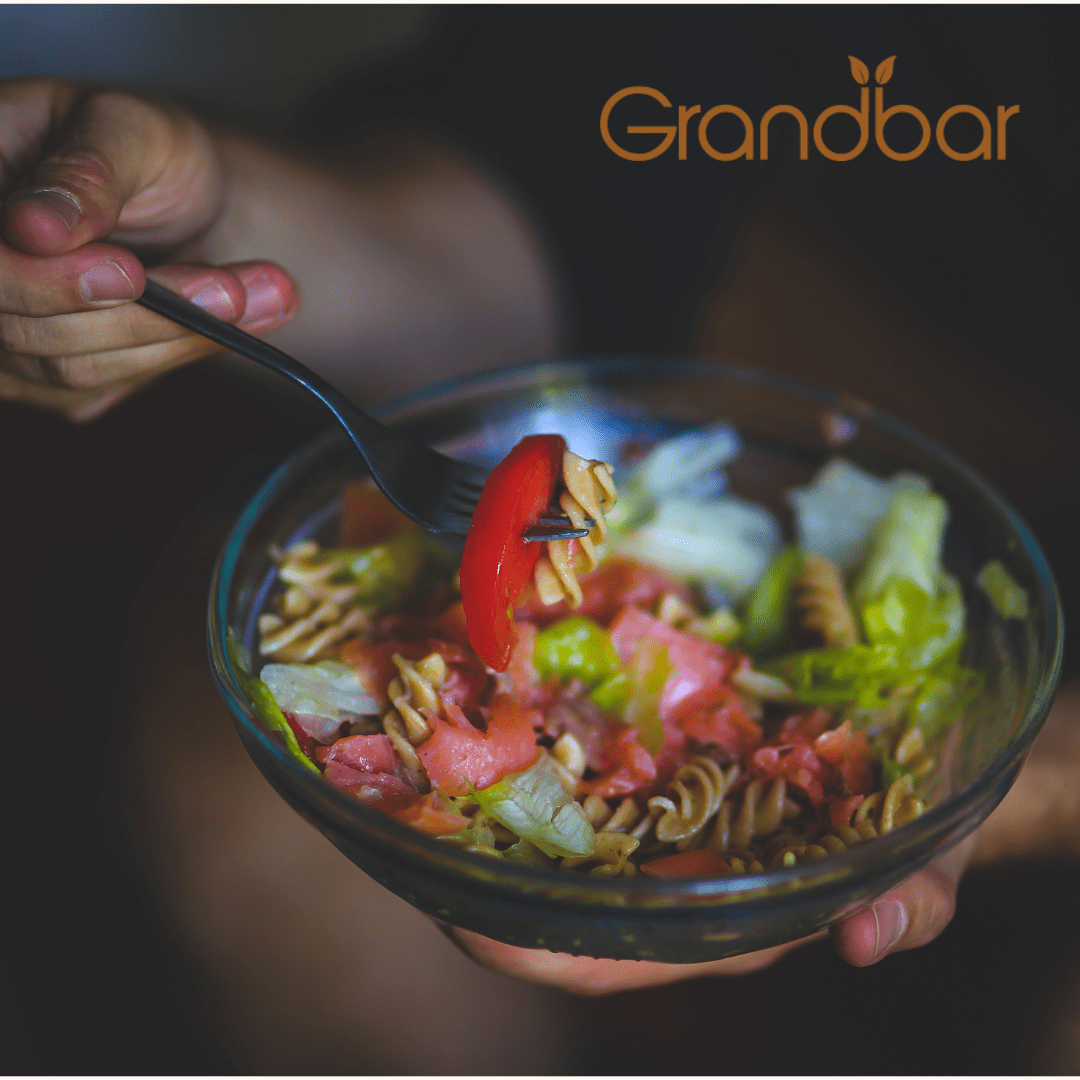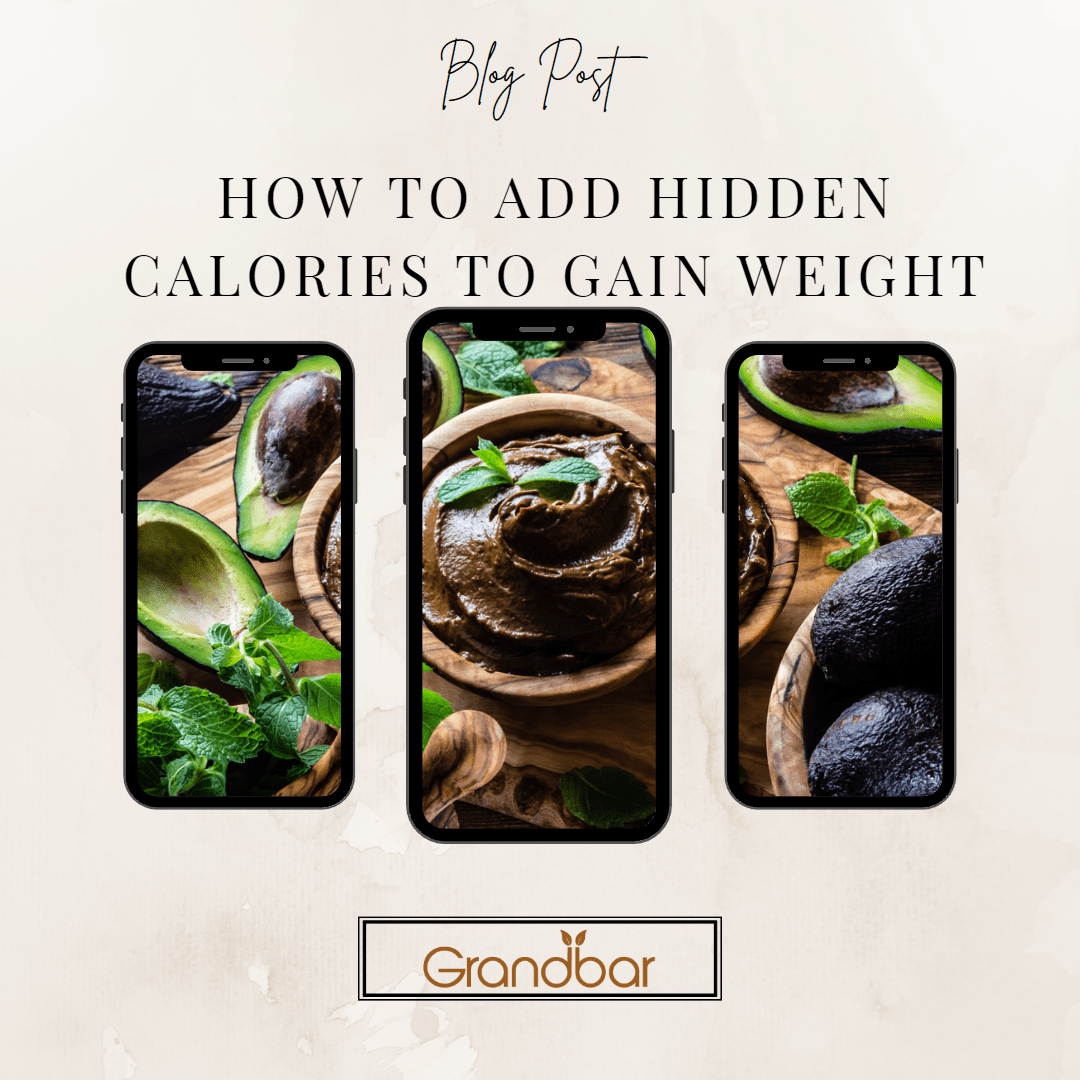Why Do the Elderly Lose their Appetite?
When my father reached his late 80s I realised his appetite barely existed. He wasn’t really hungry, things tasted funny and nothing appealed to him. I tried all sorts of foods to tempt him to eat, it didn’t matter to me at the time whether it was healthy, I just wanted him to enjoy food again and put on some weight. I ended up buying him millionaires shortbread regularly as I was impressed by the calorific content and he didn’t hate it!
When he was approaching 90 I started trying to make ‘healthy’ millionaires shortbread. However, I knew that calories weren’t enough to stop him from fading away in front of me. After some experimentation with various ingredients, the idea for Grandbars was conceived!
Now, 5 years later, after much studying, experimenting, investing and testing, Grandbars are on the open market. They are the only snack designed to encourage the elderly to eat and to eat well. They are delicious, nutritious and easy to eat….packed full of nutrients, vitamins, minerals and good calories…(with a bit of sugar and chocolate to appeal to the millionaires’ shortbread eaters!).
So, why DO people lose their appetite as they get older and should we really worry about it?
There are a number of factors that are the main causes of appetite loss, and yes, absolutely! As we age we can get into the downward spiral of not wanting to eat, losing weight, becoming frail and falling or falling ill. Nutrition can play a huge part in keeping the elderly stronger for longer.
Taste changes, teeth and swallowing issues
Factor 1. Teeth
It isn’t always obvious but how our mouth feels can affect whether or not we want to eat. Any sort of tooth or gum pain will make us feel miserable at any age. I recently had an abscess behind a crown and I very nearly ripped it out with a pair of pliers myself! Thankfully I could drive myself to an emergency appointment at my private dentist practice several miles away and get the antibiotics I needed. I can’t imagine how hard it might be for some elderly and less mobile people to make an appointment and get to a dentist!
As with bones, teeth become fragile as we age. If you have any of your own gnashers left in your later years they have likely had decades of grinding, chewing and biting on anything from toffees to turnips.
Gums also age for a variety of reasons such as cleaning too hard, cleaning too gently, sugar, poor circulation, infections, smoking, drinking…..as well as just ‘getting old’. This not only means they are likely to expose nerves, but teeth have less to keep them in place. Shrinking gums can also cause dentures to become ill-fitting, causing more discomfort when eating.
All of this means chewing and biting can become a real trial if not downright painful.
Suggestions:
Regular checkups with a dentist. Some dentists do visit care homes and do home visits, but it is not very common as the equipment they need is hard to transport. If chewing and biting hurts or is difficult the obvious answer is to eat softer, gentler food:
- Eggs instead of steaks
- Fish instead of pork chops
- Bananas instead of apples
- Mashed potato instead of roast potatoes.
- Cake instead of biscuits
- Nut butter instead of nuts
Factor 2. Taste Changes
This is a big factor that we are often unaware of. Why does our taste change as we age?
As with the rest of our body, our tongue, and our tastebuds deteriorate. A young and healthy tongue sloughs off and regrows constantly. Buds die and regenerate, but fewer new ones are created as we get older. So with fewer tastebuds, food tastes blander. Our strongest tastebuds are the ones that detect sweetness, which is why we love sugary food and drinks in later life.
Medication can affect how foods taste.
Antibiotics and pills to lower cholesterol and blood pressure can all make foods taste very different.
Medicines for high blood pressure, depression, bladder control and water retention can cause a dry mouth. As we age, salivary glands produce less saliva. As well as helping us break down our food and help us swallow, saliva activates the chemical reaction between food and our tastebuds so less saliva means less taste.
(There are gels and tablets on the market to tackle ‘dry mouth’. You can get them on prescription or straight from the chemist).
Cancer treatments can make food taste strange or off, and in particular ‘metallic’.
Suggestions:
The American National Institute on Aging www.nia.nih.gov has some great ideas.
- Drink lots of fluids – water, tea, ginger ale, and juice. Have fluid-filled food – jelly, custard, cucumber, watermelon
- Eat little and often. 4 or 5 small meals a day instead of 3 bigger ones
- Eat cold food – yoghurt, jelly, ice cream. (Many older people prefer cold food)
- Eat fresh fruit, salads or vegetables – cooked vegetables taste much blander and have a stronger, often unappealing, smell
- Red meat can taste strange – so switch to other high-protein foods such as eggs, beans, fish, dairy, nut butter
- Use plastic cutlery if food already tastes metallic
- Brush teeth more often
- Lemon drops, peppermints and mouthwash can help with bad tastes
Factor 3 – Swallowing difficulties
Swallowing can become harder as we get older for several reasons. It is a complex process and relates to teeth, saliva and muscle strength. It is estimated that 20% of people over 50 experience dysphagia.
Symptoms of swallowing problems include:
- Drooling
- A feeling that things are getting stuck in the throat, or a lump in the throat.
- Coughing or choking on food or liquid.
- Changing voice.
- Getting lung infections.
- Losing weight.
Tongues become smaller and weaker, as do our pharynxes (upper throat), larynxes (voice box) and oesophagus (lower throat).
As well as just ageing there are other causes associated with swallowing problems: Dementia, Parkinson’s Disease, MND, COPD are probably the most common.
If you have problems swallowing it can be very frightening. Mealtimes become unpleasant and tiring. You can feel very isolated and anxious about taking medication and drinking as well as eating. The fear of choking or drowning is very real.
Suggestions:
- Postural advice, see an Occupational or Speech Therapist they can give you exercises to strengthen the throat. Sitting as upright as possible will use gravity and help the natural flow of food
- Eat and drink slowly, don’t rush
- Thicken drinks to help fluids move more slowly through the mouth and throat. Don’t use a straw.
- Chop, mash or puree food as necessary. Look at The IDDSI Framework for advice on textures of food
- Eat when you are not tired
- Use adapted cups and spoons that place the food in the right place in the mouth.
Summary
Eating and swallowing problems are very prevalent in those over 50 and only get more common as we get older. Medications, illness and physical issues are mostly the reasons why. Poor oral health will only make things worse, but seeing a dentist can be expensive. There are NHS services (some of which are mobile) and, of course, emergencies will be seen in hospital. Dry mouths can be helped by gels and lozenges/tablets.
Eating and swallowing problems can rapidly cause dehydration and malnutrition so it is important to eat and drink as much as you can. Drinks can be thickened, food can be made smoother and there is equipment to aid eating and drinking.
There are some incredible resources available for anyone to access online. www.malnutritionpathway.co.uk has many leaflets and downloads packed full of great advice. www.enthealth.org is also a great source of information.
Contact us here if you would like some advice about someone in your life who has lost their appetite.
Visit our shop here.








